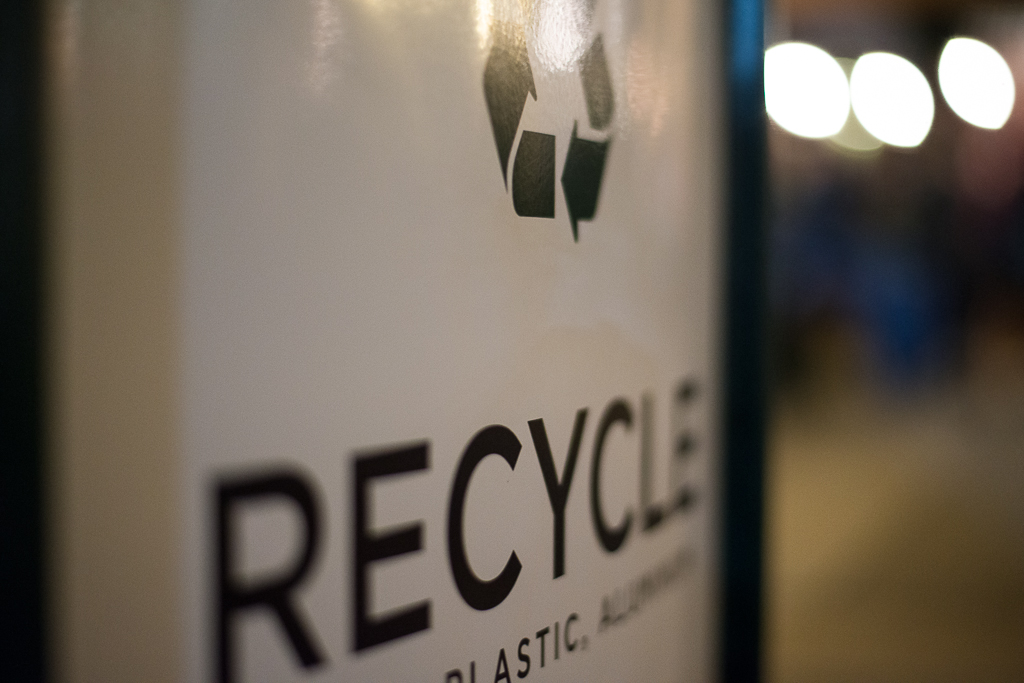
There are many issues vying for the attention of American Christians; hot topics like human trafficking, orphan care and the entire continent of Africa worthily capture many hearts. Among the laundry list of things to which Christ’s followers should be donating their time and energy is creation care. Earth Day came and went on Monday, but did anyone do anything besides throw away their water bottle in the bright new recycling bins?
Biola has recently been named one of the nation’s greenest colleges and is taking active steps toward clean energy and sustainability. If we’re honest, though, can we define what those phrases mean? Can we back up the steps that our school has taken and say that we care about them in our own life?
If we are being completely honest with ourselves, many of us do not give creation care a second thought. Students may come from home where recycling is a habit, usually out of parental requirement, but this habit gets lost in the new environment of a college campus. To be fair, recycling as a dorm-residing student is quite inconvenient.
Although recycling bins magically appeared next to many trash cans across campus just in time for Earth Day, there are no large recycling bins outside residence halls, much less a separate recycling can provided in dorm rooms. Other than those ambitious enough to gather their bottles and cans to turn in for spare change at recycling centers, and, hopefully, the environmental science majors, there does not seem to be a student body-wide concern for creation care. We can talk all we want about low-carbon diets and humane meat while drinking our fair trade coffee, but in the end, much of our focus is quite superficial.
It is also unfortunate to see how few Christians respond to the biblical mandate to “replenish the earth and subdue it.” Political affiliations and suspicion toward certain scientific research can cause us to ignore how deeply God cares for his creation. Whether or not global warming is a valid concern, the planet should be taken care of simply because it makes our Lord happy to see his handiwork treated well.
There is plenty of biblical support that encourages Christians to care about the earth God gave us. But it is rarely handled with the delicacy and passion that we give most other social issues. Genesis 2:14 explicitly states: “God took the man and put him in the Garden of Eden to work it and take care of it.” Man’s primary job at his beginning was to be the guardian of the Earth.
Many intelligent Christians embrace this biblical backup for environmental stewardship. Still, there are those of us who pass over this Scripture in classes for assigned reading without giving it a second thought.
Maybe one problem is that we often see creation care as good, or maybe cool, but not necessarily more righteous than the alternative; we put it on the same level as vegetarianism or communal living. But might it be that creation care is righteous, and the alternative is not? In 2008, the Roman Catholic Church got press when a Vatican leader said one’s approach to the environment could actually be sinful.
So how bad is it to throw a plastic bottle in the gray bin instead of the green one? How wrong is it to drive a gas-guzzler? Is beef’s toll on the atmosphere dire enough to make its consumption wrong? The truth is that many of us live in a gray area when it comes to being green. However, whether or not we proudly wave the green flag of environmentalism, we can probably agree that caring for creation is more Christ-like than knowingly corrupting it.







